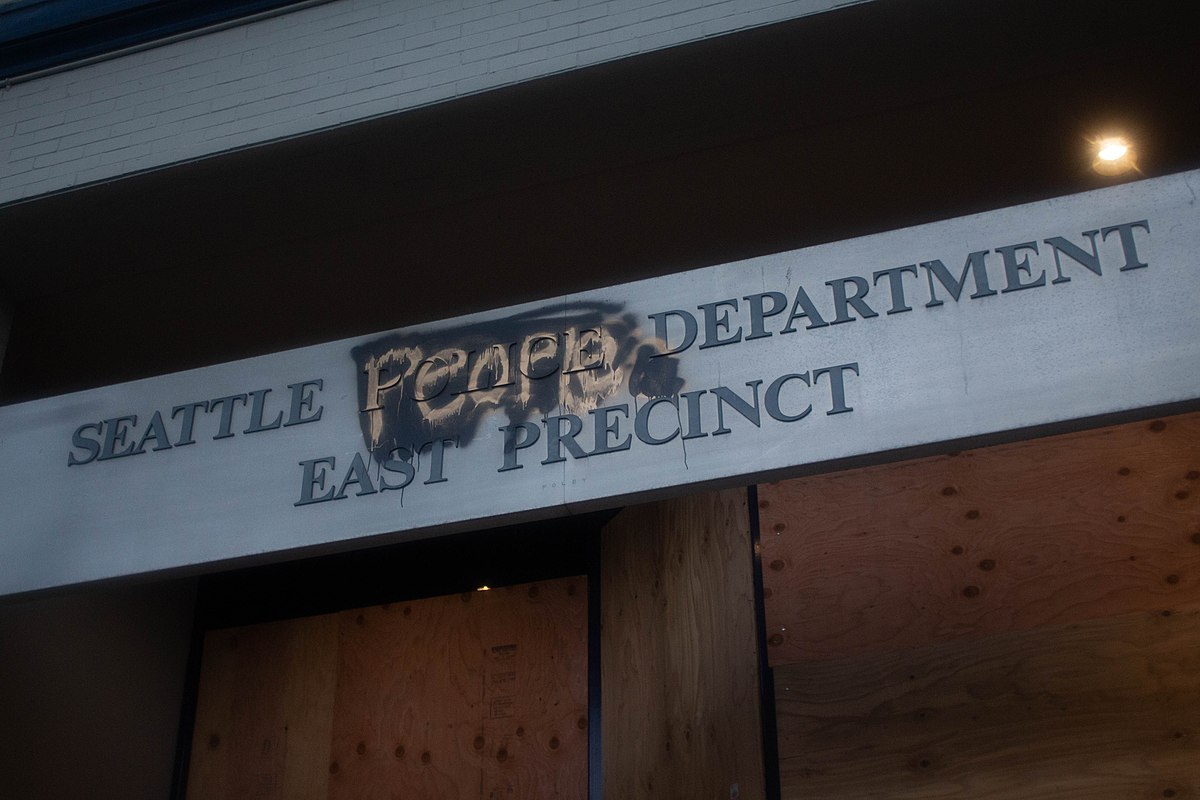I am not a label; I am more than my veil
Labels for items, people and places can be useful or often damaging, let’s explore this more in-depth.
Labels can often be useful. But, this depends on what exactly they’re being used for. As humans, we all have an ethnic background. Some of us have religious backgrounds, beliefs and ideals. Sometimes we are put into a group due to this to simplify the diversity of the world. Sometimes willingly or sometimes by other people.
We are often labeled heavily based on physical appearance, which doesn’t always benefit or reflect our true selves. If we seem to dress, talk, or act a certain way, then people can automatically and unintentionally label us, thus putting us into a group in their minds.
Being visibly Muslim, as someone who wears the headscarf, I often feel that “hijabi” is my automatic label. Hijab means “to cover” in Arabic and is often associated with women who wear the headscarf. Although I am happily a Muslim who wears the headscarf, I don’t like being minimized to my hijab. To start wearing a veil to cover my hair was a personal choice for me. I wanted to reflect on my beliefs mentally and visibly to feel more empowered by modesty.
The veil is present in numerous religions and cultures. We see people from around the world wearing it in different styles, colors, patterns and fabric. The purpose behind each veil varies, as people have their own reasons for wearing it.
In the holy book of the Quran, modesty and covering is mentioned in a couple verses. In Surah An-Nur, which means “The Light,” the verse says “O Prophet! Tell the believing men to lower their gaze and guard their chastity. That is purer for them. Surely Allah is All-Aware of what they do,” 24:30.
The next verse then states “And tell the believing women to lower their gaze and guard their chastity, and not to reveal their adornments except what normally appears. Let them draw their veils over their chests, and not reveal their hidden adornments…” 24:31.
The Quran states that men should be modest first and then women. Modesty is instructed onto both men and women in Islam. So when I am categorized as just “hijabi,” it is a broad label that does not describe me entirely.
I have a name, hobbies, interests, goals, passions, skills along with a great personality that defines me as an individual. My religion is my way of life, and what ideally shapes my identity. But I am my own person separate from everyone else, just like other Muslims who wear the headscarf have their own personality as well.
Muslims, followers of the religion Islam, have their own relationship with Allah — God. Categorizing us as Muslims is okay, but categorizing in a way to make it seem as though some Muslims who dress or practice a certain way are more pious or modest than the other is not. We are all at different levels of spirituality with Allah and this should not be labeled.
For people who choose to wear the headscarf or dress more modestly, and for those who don’t, they should not be labeled to a certain group, rather just human. These labels may make us feel as though we are not doing enough or other people are better than us or we are falling behind, which is emotionally hurtful.
Anybody can wear a headscarf and claim they are from a certain group, but it’s our actions and behaviors that prove if we are good and kind.
As different as we are from each other, these differences should be embraced and not put into groups to simplify. Rather than allowing these labels to influence how we judge others at first glance, we should learn from one another and allow everyone room for growth.
We all have one thing in common, which is the biggest, and that is being human.



